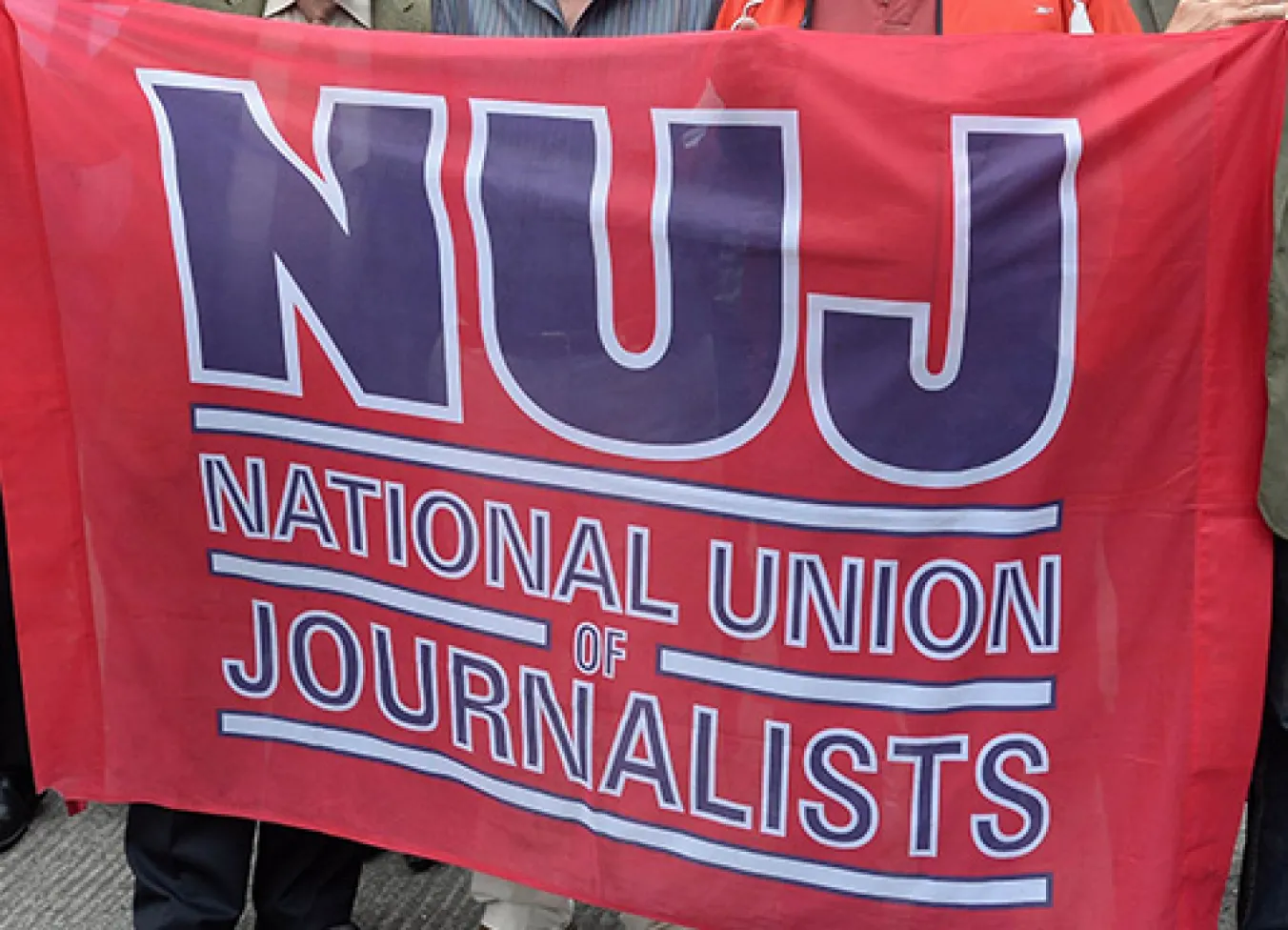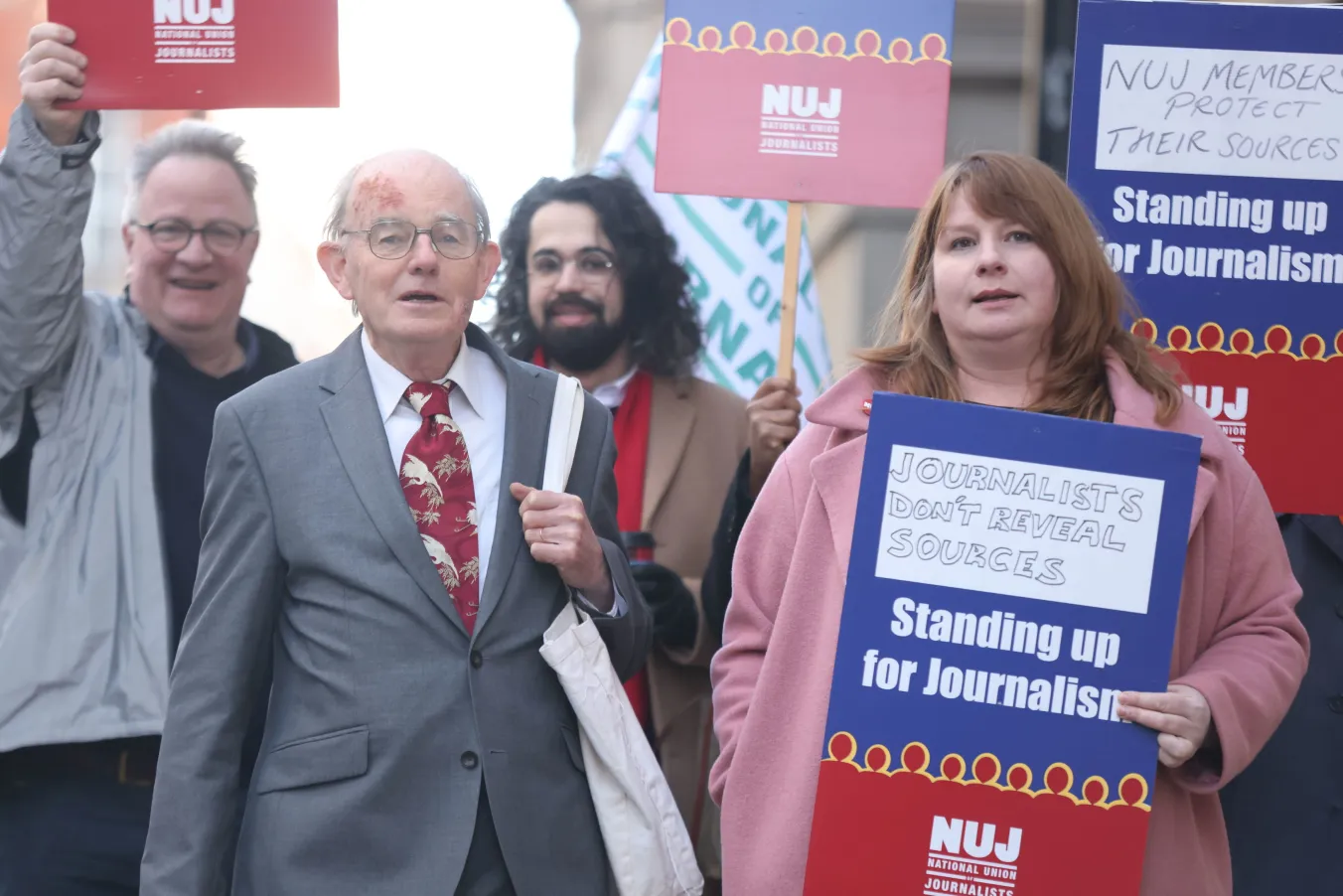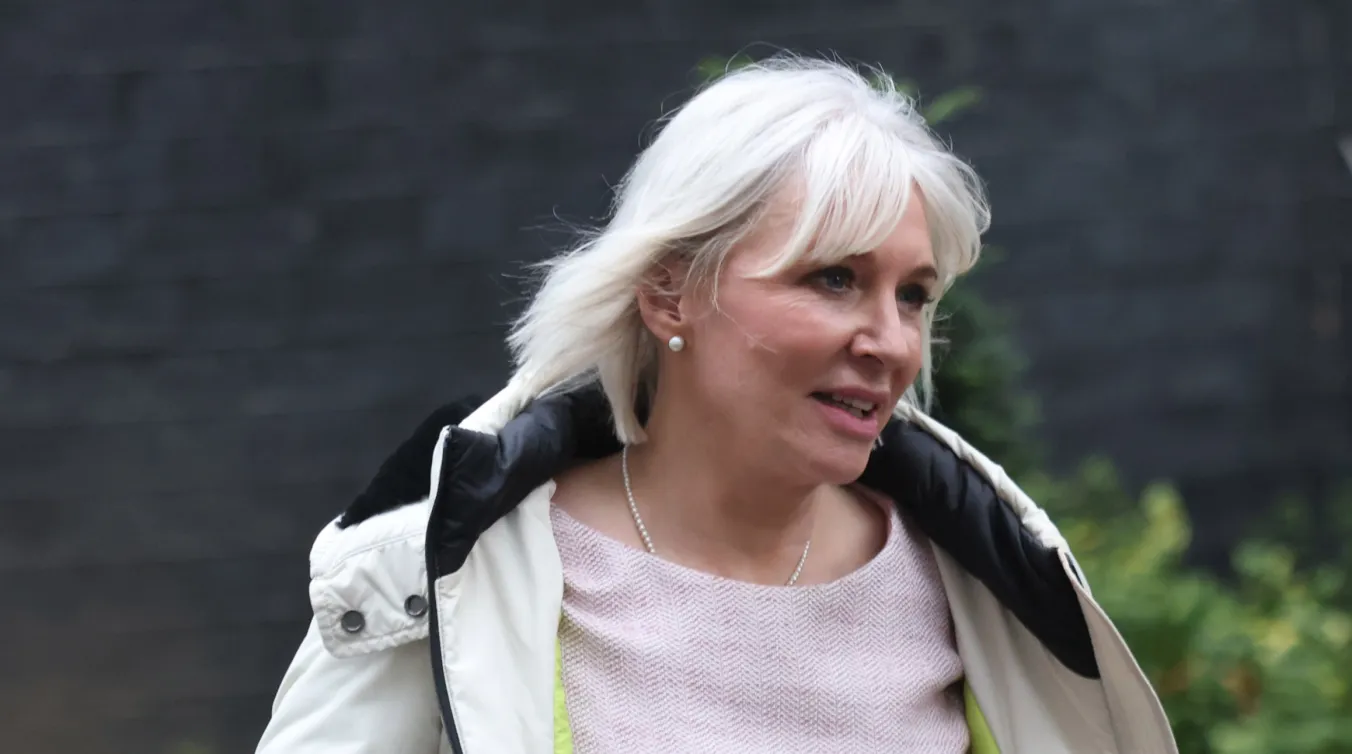
I HAVE lost count in the past year or more — or however long it has been since the world seemed to upend itself — of the occasions when it seemed a new low has been struck in what are parlous and depressing levels of public discourse in Britain.
Whether it is manufactured outrage, coordinated social media pile-ons, the trumping of common sense by determined political ideology or ill thought-out knee-jerk commentary — or a combination of all of those things — the cumulative impact is of dysfunctional engagement and weakening standards in public life.
Whatever the motivations, and whether or not it happens in the online sphere, it has a real-life personal and professional impact — not least for individuals caught up in the online fallout, where aggressive and hostile voices are often amplified even if the number of trolls leading the charge are comparatively few.

















